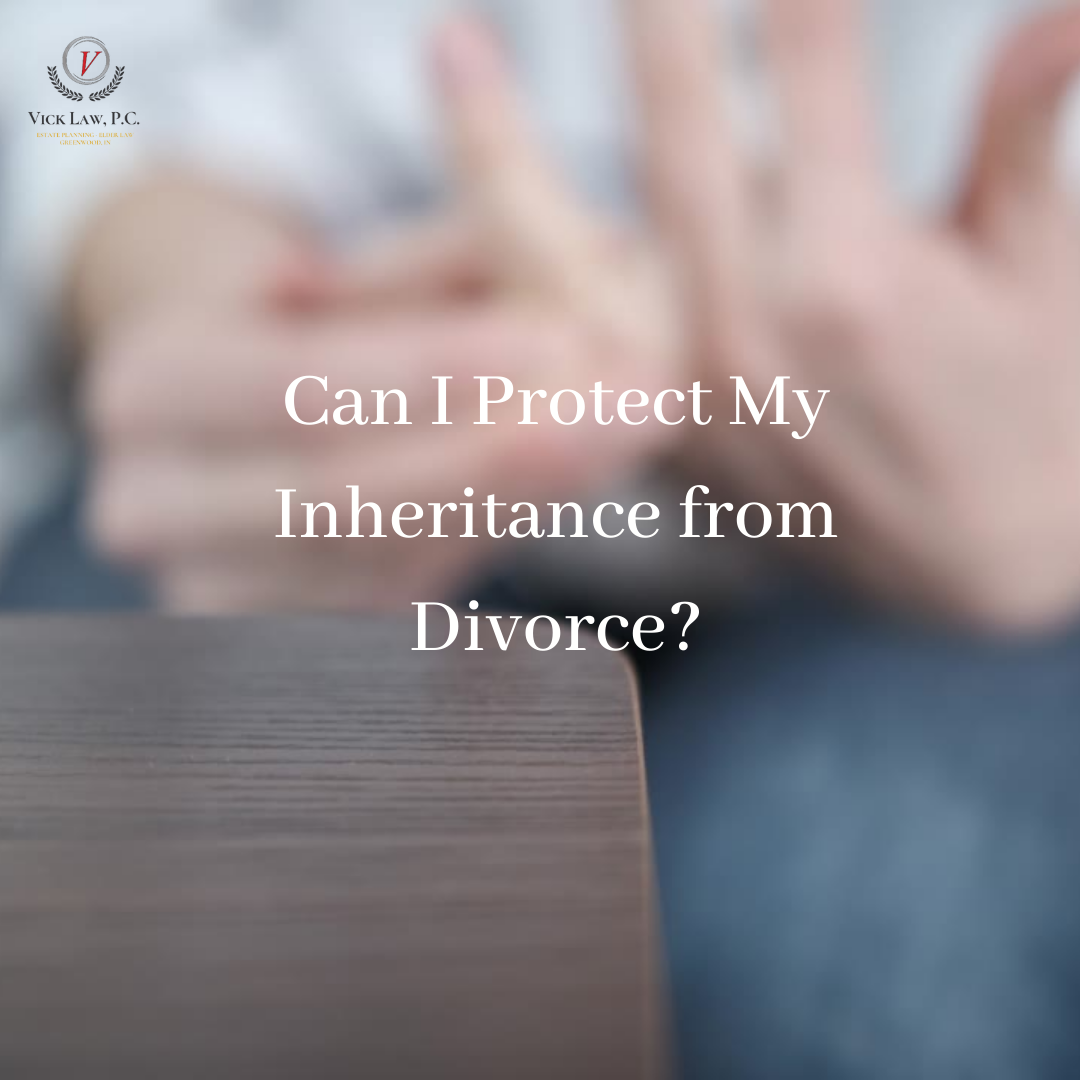Even if divorce is the last thing on your mind, when an inheritance is received, its wise to treat it differently from your joint assets, advises a recent article “Revocable Inheritance Trust: Inexpensive Divorce Protection” from Forbes. After all, most people don’t expect to be divorced. However, the numbers have to be considered—many do divorce, even those who least expect it.
Maintaining separate property is the most important step to take. If you deposit a spouse’s paycheck into the account with your inheritance, even if it was by accident, you’ve now commingled the funds.
You might get lucky and have a forensic accountant who can dissect that amount and make the argument it was a mistake, as long as it only happened once, but the Court might not agree.
Long before the Court gets to consider this point, if your ex-spouse’s attorney is aggressively pursuing this one act of commingling as enough to make the property jointly owned, you could lose half of your inheritance in a divorce.
You might also try to mount a defense of the particular account or asset being separate property, by identifying the means of transfer. Was there a deed for real estate gifted to you from a parent or a wire transfer for securities? This information will need to be carefully identified and safeguarded as soon as the inheritance comes to you, in case of any future upheavals.
To spare yourself any of this grief, there are steps to be taken now to avoid commingling. Document the source of wealth involved as a gift or inheritance, maintain the property in a wholly separate account and consider keeping it in a different financial institution than any other accounts to avoid commingling.
Another way to safeguard gifts and inherited property against a 50% divorce rate is to use a revocable trust. Creating a revocable trust to own this separate property allows you to make changes to it any time but maintains its separate nature, by serving as a wholly separate accounting entity. The trust will own the property, while you as grantor (creator of the trust) and trustee (responsible for managing the trust) maintain control.
For a turbo-charged version of this concept, you could go with a self-settled domestic asset protection trust. This is a more complex trust and may not be necessary. If you have any questions, an experience estate planning attorney, such as Thomas A. Vick, will be able to explain the difference between this trust and a revocable trust.
One clear warning: if you have already created a revocable trust to protect your estate and it is not funded, you may feel like it would be most convenient to use this already-existing trust for your inheritance. That would not be wise. You should have a completely different trust created for the inherited property, and this would also be a wise time to remember to fund the existing trust.
Using a revocable trust this way will also require customized language in your Last Will, as you’ll want standard language in the Last Will to reflect the trust being separate from your other marital property.
Contact Vick Law, P.C. to help create or modify your estate plan today.
Reference: Forbes (April 13, 2022) “Revocable Inheritance Trust: Inexpensive Divorce Protection”


